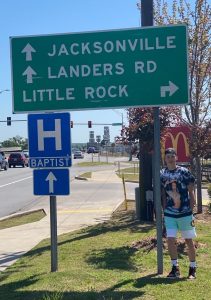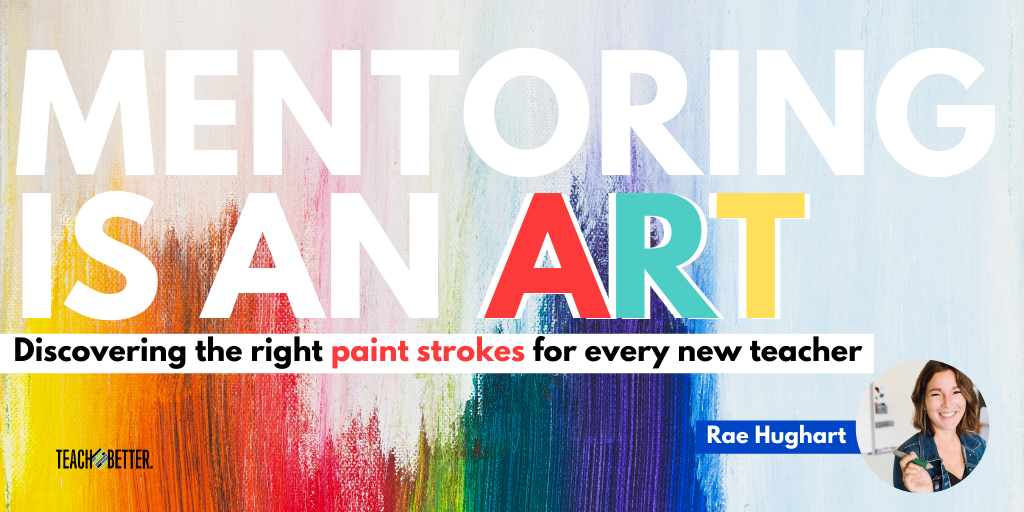TL;DR:
- It is important to lead with a vision and a clear direction.
- Modeling effective leadership can inspire new leaders.
I do not have numerous significant memories of my first grade year at Delight Elementary School. Except for the occasional favorite lunch of square pizza with a side of kernel corn and my introduction to the bizarre cuisine termed Shepherd’s Pie. But none of those memories compare to the unsurpassed highlight of the opportunity to be the Bulldog Line Leader for the week. It was my first leadership experience, and it resonated.
Effective leaders create other leaders. Click To Tweet
Which direction?
This rare opportunity presented itself only twice a year. So it was imperative that I exhibited effective leadership when my name was called. With this position came the responsibility of ensuring safe travels of twenty-five other six-year-old humans to and from the library or the multi-purpose café-gym-atorium.
On top of this responsibility was the highlight of earning proprietorship of the laminated card-stock “Line Leader” badge, dangling around my neck connected by red yarn.
When colleagues realize that I am in the business of leadership development, there is never an awkward silence.
Why, you ask?
We all are surrounded by leadership situations every day so we all deem ourselves “experts.” Schools, businesses, organizations, churches, countries – every system has leaders and subordinates.
We all have experience with a “good” leader and experience with a “bad” leader, and we can explain the differences. Recently, due to my curiosity, I googled the term “leadership” to see how many hits I would find. My inquisitive search resulted in – according to Google – “about 5,400,000,000 results.” We all want to think we are experts in leadership, but there is so much to learn.
As I reflect on my line leading experience, I recognize that various leadership strategies and skills I impart to leaders today were important to me as a six-year-old. Much of what I know about leadership I learned in first grade.
Leadership is not about having a title, but about behaviors.
As a line leader, I knew that I must have the skills, behaviors, and a plan to lead my classmates effectively and safely to the multi purpose room without incident. On our journey, I must have a plan to bypass the major sinkhole in the sidewalk beside the oak tree to protect my subordinates.
My classmates must trust that my plan will be successful. Merely possessing the laminated card-stock “Line Leader” badge did not make me a leader. My actions did.
[scroll down to keep reading]Being a leader means there is a journey.
Direction or vision is embedded in the definition of a “leader”. As the line leader, my leadership would have been unsuccessful if I never moved and we stood by the blackboard the entire period.
The first graders would have missed out on our weekly game of dodgeball and would have undoubtedly hurled chalk at my head. If there was movement, but I had no idea where I was going, my leadership would be considered ineffective as well.
Effective leadership creates other leaders.
Knowing that each of my classmates would eventually serve as the Line Leader, I knew I must model effective line leadership. I wanted each of them to be able to make appropriate decisions if challenges face them on our journey.
When each classmate possessed the esteemed card-stock Line Leader badge, I wanted them to prevent my step into the concrete canyon and lead a successful journey to the café-gym-atorium. The greatest leaders do not create followers, but create other leaders.
About Blaine Alexander
Dr. Alexander is currently serving his eleventh year as a Leadership Performance Coach with the Arkansas Leadership Academy through the University of Arkansas. Prior to his current experience of in leadership development, Dr. Alexander served as a school administrator for 17 years. His research focuses on developing collaborative cultures founded on trust and respect and immersed in student and adult learning. Dr. Alexander’s dissertation explores the factors necessary for student voice to be institutionalized and taken to scale in a school district. Each year, he facilitates learning for students and teachers in the Arkansas Leadership Academy’s Student Voice Institute.
Education:
B.A. Harding University, Searcy, Arkansas
M.Ed. Harding University, Searcy, Arkansas
Ed.D. University of Arkansas, Fayetteville, Arkansas
Dissertation: Student Voice Initiative: Exploring Implementation Strategies




